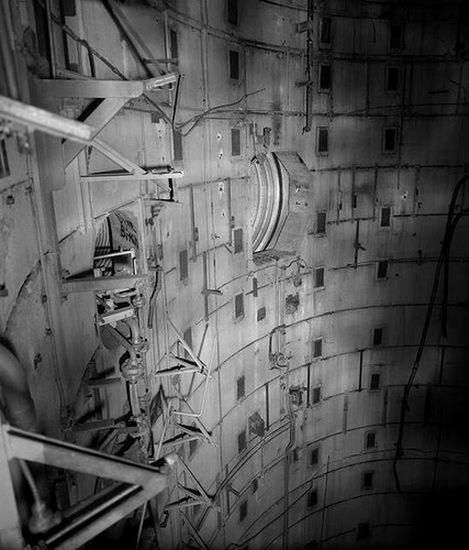|
|
An Abandoned Missile Schaft, Russia
|
In the 18th century, during the era of Russian Enlightenment, the development of Russian literature was boosted by the works of Mikhail Lomonosov and Denis Fonvizin, and by the early 19th century a modern native tradition had emerged, producing some of the greatest writers of all time. This period, known also as the Golden Age of Russian Poetry, began with Alexander Pushkin, who is considered the founder of modern Russian literary language and often described as the "Russian Shakespeare". It continued into the 19th century with the poetry of Mikhail Lermontov and Nikolay Nekrasov, dramas of Alexander Ostrovsky and Anton Chekhov, and the prose of Nikolai Gogol and Ivan Turgenev. Leo Tolstoy and Fyodor Dostoyevsky in particular were titanic figures to the point that many literary critics have described one or the other as the greatest novelist of all time.
By the 1880s the age of the great novelists was over, while short fiction and poetry became the dominant genres. The next several decades became known as the Silver Age of Russian Poetry, when the previously dominant literary realism was replaced by symbolism. Leading authors of this era include poets Valery Bryusov, Vyacheslav Ivanov, Alexander Blok, Nikolay Gumilev and Anna Akhmatova, and novelists Leonid Andreyev, Ivan Bunin, and Maxim Gorky.
Russian philosophy blossomed since the 19th century, when it was defined initially by the opposition of Westernizers, advocating the Western political and economical models, and Slavophiles, insisting on developing Russia as unique civilization. The latter group includes Nikolai Danilevsky and Konstantin Leontiev, the founders of eurasianism. In its further development Russian philosophy was always marked by deep connection to literature and interest in creativity, society, politics and nationalism; Russian cosmism and religious philosophy were other major areas. Notable philosophers of the late 19th and the early 20th centuries include Vladimir Solovyev, Sergei Bulgakov, and Vladimir Vernadsky.
Following the Russian Revolution of 1917 many prominent writers and philosophers left the country, including Ivan Bunin, Vladimir Nabokov and Nikolay Berdyayev, while a new generation of talented authors joined together in an effort to create a distinctive working-class culture appropriate for the new Soviet state. In the 1930s censorship over literature was tightened in line with the policy of socialist realism. Since late 1950s the restrictions on literature were eased, and by the 1970s and 1980s, writers were increasingly ignoring the official guidelines. The leading authors of the Soviet era include novelists Yevgeny Zamyatin, Ilf and Petrov, Mikhail Bulgakov and Mikhail Sholokhov, and poets Vladimir Mayakovsky, Yevgeny Yevtushenko, and Andrey Voznesensky.
|
|









